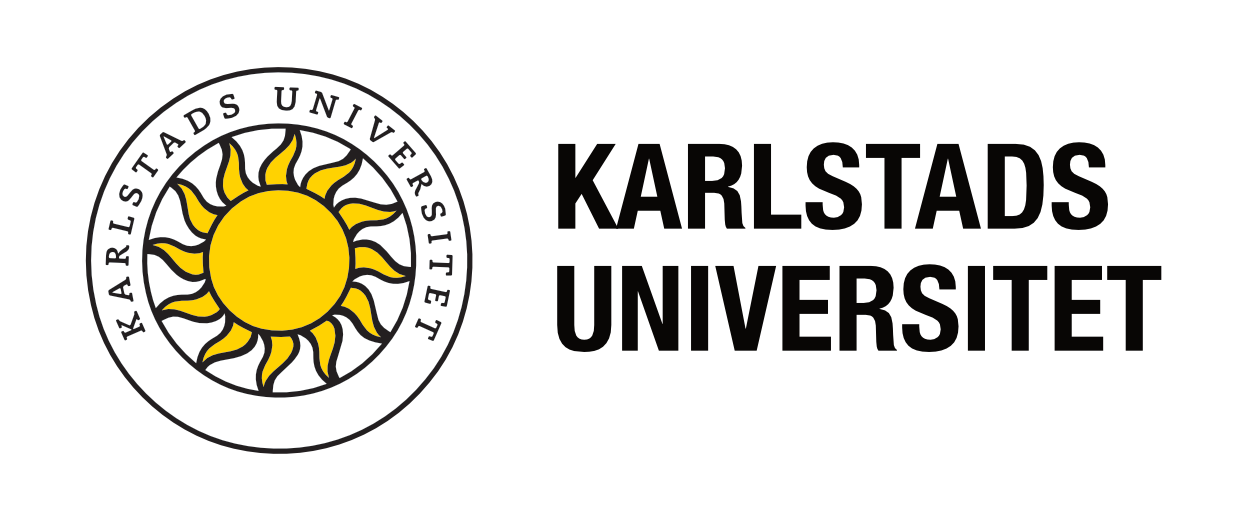ESG stands for Standards and Guidelines for Quality Assurance in the European Higher Education Area. The ESG criteria from 2015 form the basis for UKÄ’s evaluations of higher education, which makes it important to know about them. Here is a brief presentation of what the ESG criteria mean and which criteria are most important for practicing teachers.
The ESG criteria were adopted in November 2015 and constitute common guidelines for quality assurance of higher education in Europe. The proposal for the ESG has been developed by the European Network for Quality Assurance in Higher Education, ENQA, in collaboration with the European Student Organization ESU, the European Association of Higher Education Institutions EURASHE and the cooperation body for universities and colleges in Europe, EUA. The ESG criteria are intended to create coherence between countries and to be an important complement to the laws and regulations that govern the activities of higher education institutions in each country. The guidelines function as a support for the Swedish higher education institutions in terms of quality work and form the basis for UKÄ’s new quality system that was introduced in 2017. The reviews that are carried out are based on the Higher Education Act, the Higher Education Ordinance and the ESG criteria. The quality model that exists at Karlstad University has been developed in relation to the ESG criteria and UKÄ’s quality system.
The English version of the ESG criteria is the official one, and the one that formed the basis for the decision in November 2015. The Swedish translation has to some extent been adapted to the conditions that apply at Swedish higher education institutions.
Two sections of the ESG criteria are commented on here:
1.3 Student-centred learning, teaching and assessment
Standard:
ENQA 2015, p. 12.
Institutions should ensure that the programmes are delivered in a way that encourages students to take an active role in creating the learning process, and that the assessment of students reflects this approach.
Assessment criteria and how the assessment is carried out must be clearly formulated and published in advance in the courses. In the assessment, the students must be able to show how far they have come in the development of the abilities that are defined in the learning objectives and that are to be examined. Students will also receive feedback on what they need to develop to achieve the learning objectives. It must be possible to take mitigating circumstances into account when assessing. It is important that the assessment is consistent, that it is fair to all students and that it is carried out in accordance with the pre-published learning objectives and criteria. ESG also emphasizes that the learning objectives relate to academic knowledge and that the abilities are linked to such. The ability to do something with or in any subject area can briefly explain this relationship.
1.5 Teaching staff
Standard:
ENQA 2015, p. 13.
Institutions should assure themselves of the competence of their teachers. They should apply fair
and transparent processes for the recruitment and development of the staff.
Section 1.5 of the ESG criteria emphasizes how important it is for teachers to have the skills required to be able to work in a student-centered manner and conduct teaching in accordance with section 1.3. Swedish higher education institutions will work with broadened recruitment, which means that higher education receives increasingly heterogeneous student groups. This may mean that teaching and examination methods need to be changed. The higher education institutions must offer competence development to support the reception of new student groups. The importance of teaching must be clear in terms of employment and when hiring new staff. The link between teaching and research is encouraged.
References
SFS 1992:1434. The Swedish Higher Education Act (English translation)
SFS 1993:100. The Higher Education Ordinance (English translation)
ENQA. (2015). Standards and Guidelines for Quality Assurance in the European Higher Education Area. European Association for Quality Assurance in Higher Education (ENQA).
UKÄ University Chancellor’s Office. (2015). Standarder och riktlinjer för kvalitetssäkring inom det europeiska området för högre utbildning (ESG) (pdf) (Translation to Swedish of Standards and Guidelines for Quality Assurance in the European Higher Education Area (ESG), adopted at the Ministerial Conference in Jerevan, May 2015). The University Chancellor’s Office.
Quality model for Karlstad University (See Inslaget > Utbildning > Kvalitet och kvalitetsarbete) (only in Swedish)

